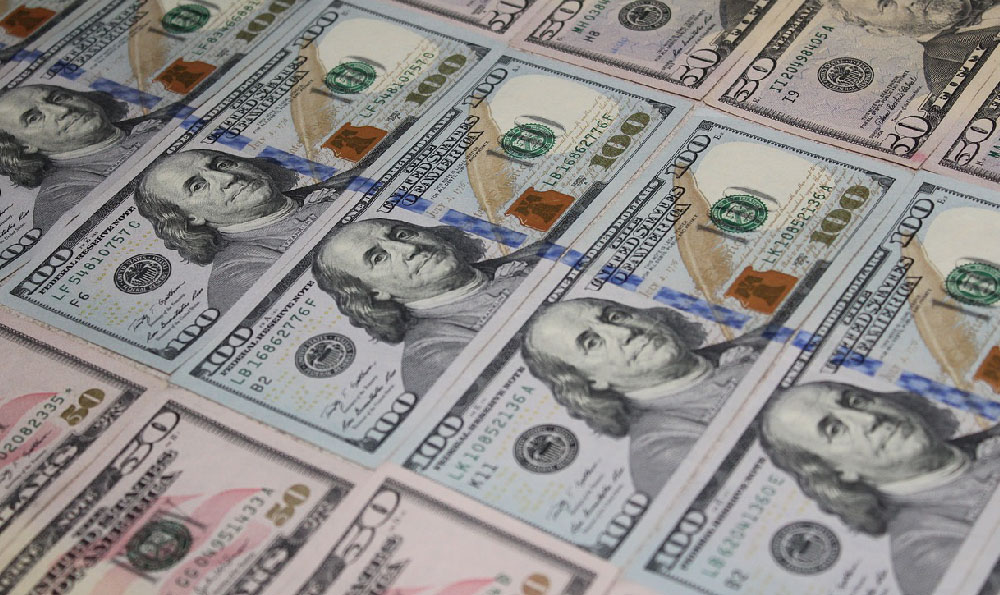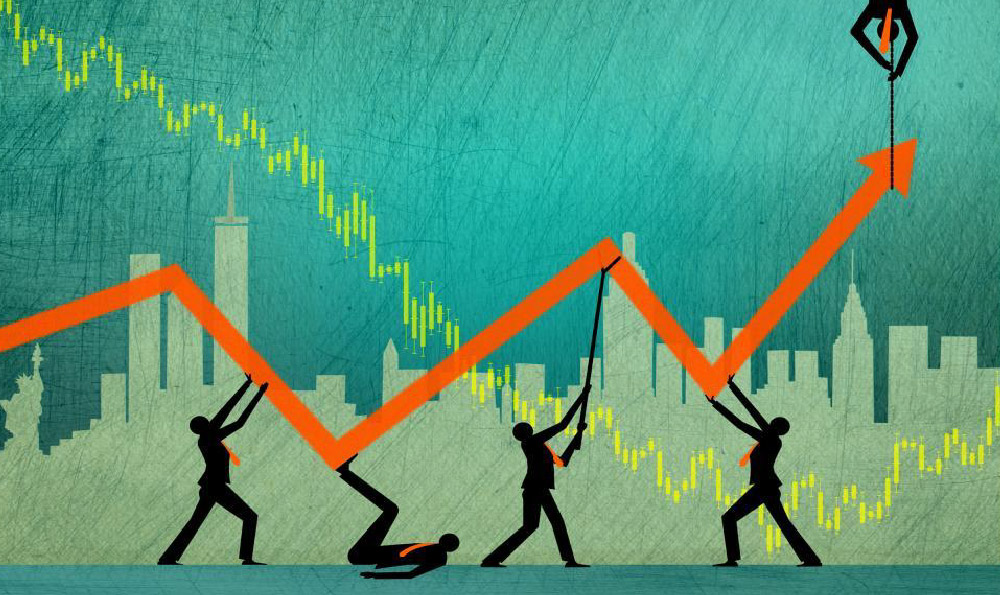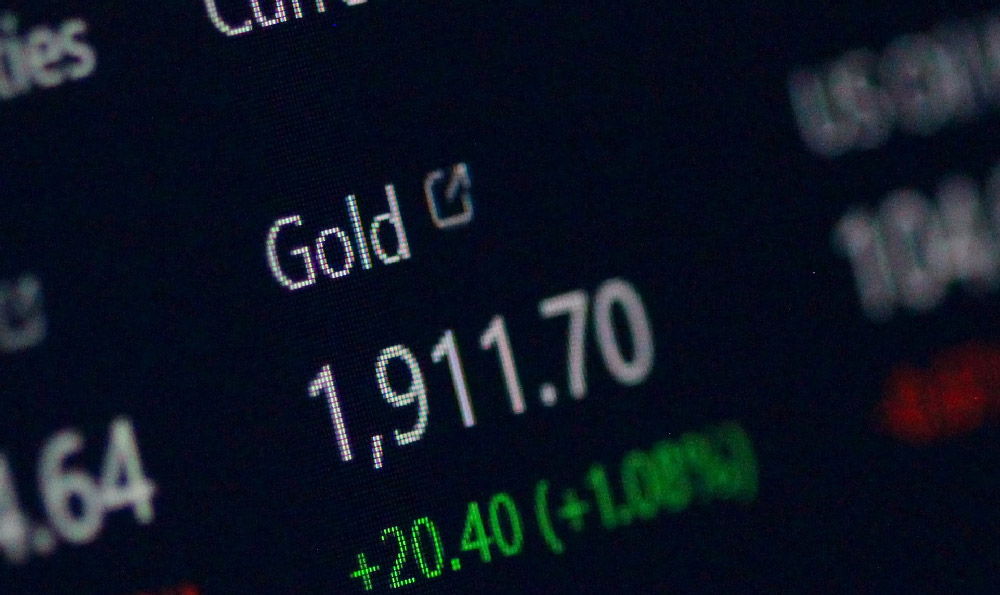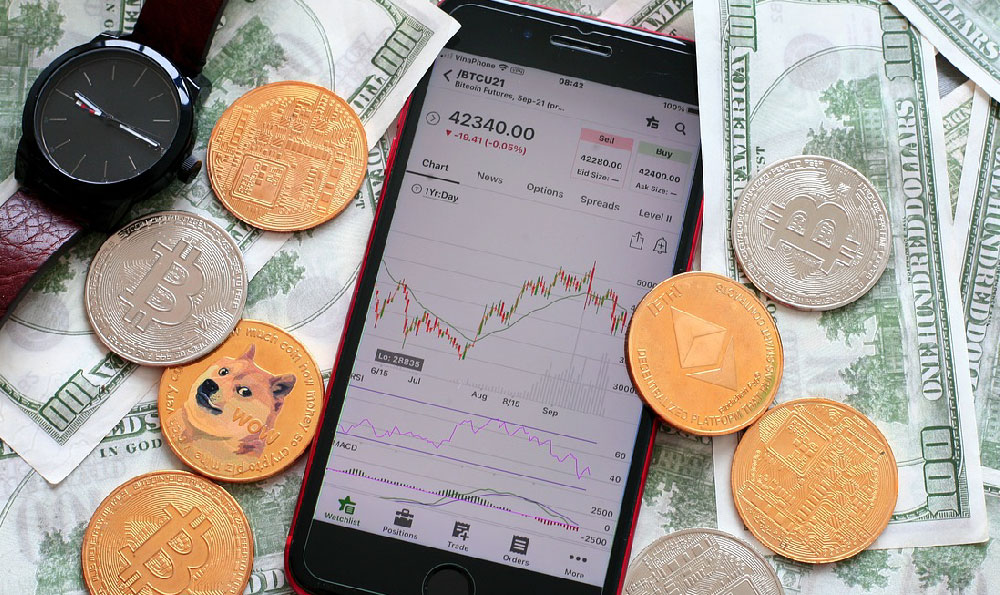How Did George Soros Get Rich? & What Strategies Made Him a Billionaire?
George Soros, a name synonymous with successful – and sometimes controversial – investing, amassed his immense wealth through a combination of shrewd market analysis, a willingness to take calculated risks, and a deep understanding of global economics and political landscapes. Attributing his success to a single strategy would be a gross oversimplification; instead, it was a multifaceted approach that allowed him to identify and capitalize on opportunities others missed. Understanding how he achieved this requires diving into the core principles that guided his investment philosophy and actions.
One of the most fundamental aspects of Soros’s success is his application of reflexivity, a concept he developed with Karl Popper, his mentor at the London School of Economics. Reflexivity, in simple terms, describes the two-way relationship between market prices and investors' perceptions. Unlike the efficient-market hypothesis, which assumes that prices accurately reflect all available information, reflexivity argues that investor biases and expectations can influence market prices, which in turn reinforce or change those biases. Soros used this understanding to his advantage, recognizing that markets are not always rational and that bubbles and crashes are often driven by feedback loops of perception and action. He actively sought out imbalances in the market, situations where prevailing narratives were divorced from underlying realities. He believed that by identifying these discrepancies, he could predict market movements and profit from them.
A prime example of Soros's application of reflexivity lies in his famous bet against the British pound in 1992. He recognized that the pound was overvalued within the European Exchange Rate Mechanism (ERM) and that the Bank of England lacked the reserves necessary to defend it. He didn't just believe the pound was overvalued; he actively bet against it, creating a feedback loop where his actions further weakened the currency, ultimately forcing the Bank of England to devalue the pound and withdraw from the ERM. This single transaction earned Soros an estimated $1 billion, solidifying his reputation as a master strategist. The crucial point here isn't just the size of the profit, but the underlying principle: Soros identified a flawed system, understood the psychological drivers behind it, and acted decisively to exploit the weakness.

Beyond reflexivity, Soros's success can be attributed to his willingness to take significant, calculated risks. He wasn't afraid to make large, concentrated bets when he had high conviction in his analysis. This risk appetite, however, wasn’t reckless gambling. It was underpinned by meticulous research, a deep understanding of macroeconomic trends, and a strong risk management framework. He surrounded himself with talented analysts and economists who provided him with diverse perspectives and helped him to identify potential pitfalls. He also understood the importance of diversification, spreading his investments across various asset classes and geographical regions to mitigate overall risk. While he was known for making bold, concentrated bets, his overall portfolio was far from being solely reliant on these high-risk ventures.
Furthermore, Soros's success is intertwined with his astute understanding of global economics and political landscapes. He didn't confine his analysis to financial data; he actively monitored political developments, geopolitical tensions, and regulatory changes, recognizing their potential impact on markets. His ability to connect seemingly disparate events and anticipate their consequences gave him a significant edge over other investors. For example, he recognized the potential impact of the reunification of Germany on European economies long before many others, allowing him to position himself to profit from the subsequent shifts in the market.
Another key aspect of Soros’s investment approach is his willingness to change his mind when faced with new information. He was not dogmatic in his beliefs and was prepared to admit when he was wrong. This adaptability allowed him to avoid getting trapped in losing positions and to quickly adjust his strategies in response to changing market conditions. He viewed mistakes as learning opportunities and was always striving to refine his investment process. This intellectual honesty and flexibility are crucial attributes for any successful investor, particularly in the volatile world of finance.
However, it's important to acknowledge the criticism leveled against Soros. His aggressive trading strategies and perceived influence on national economies have made him a controversial figure. Some critics accuse him of destabilizing markets for personal gain, while others question the ethics of profiting from economic crises. While these criticisms are valid and deserve consideration, they shouldn't overshadow the fact that Soros's investment success is rooted in a deep understanding of market dynamics, a willingness to take calculated risks, and a commitment to continuous learning.
In conclusion, George Soros's path to becoming a billionaire was not paved with simple tricks or get-rich-quick schemes. It was the result of a complex interplay of factors, including his application of reflexivity, his willingness to take calculated risks, his understanding of global economics and political landscapes, and his adaptability in the face of changing market conditions. While his strategies may not be suitable for all investors, his core principles – rigorous analysis, disciplined risk management, and a willingness to learn from mistakes – offer valuable lessons for anyone seeking to achieve financial success. He proved that understanding the underlying psychology of the market, rather than blindly following trends, can lead to significant opportunities, even if that understanding occasionally invites controversy. His legacy extends beyond his immense wealth; it lies in his contribution to our understanding of how markets function and the role of human perception in shaping economic outcomes.














